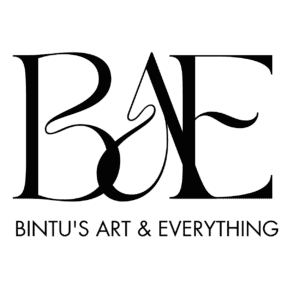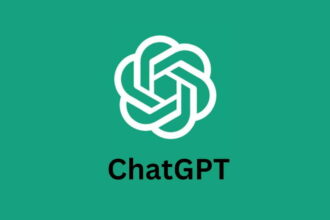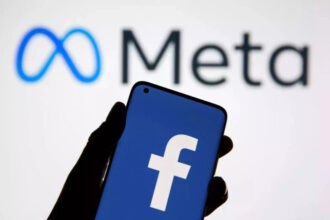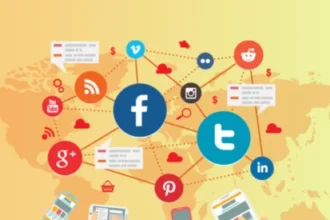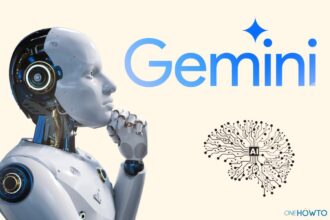In today’s fast-paced digital workplace, productivity tools powered by AI are no longer a luxury—they’re a necessity.
One of the most exciting tools you can integrate into your workflow is a custom GPT-powered chat assistant. Whether you run a small startup or manage a team remotely, setting up an automated GPT chat can save you hours, reduce stress, and boost your efficiency.
But how exactly do you get started?
If you’re a Nigerian professional or entrepreneur looking to automate repetitive tasks, support team collaboration, or simply reduce the overload of messages, this guide is for you.
What Is an Automated GPT Chat?
An automated GPT chat is an AI-powered assistant built using OpenAI’s GPT models. It can handle a wide range of tasks:
- Answer team FAQs
- Summarize documents
- Draft emails or reports
- Provide brainstorming support
- Analyze data and generate insights
- Automate simple workflows via integrations
And guess what? You don’t need to be a tech genius to set one up.
Tools You Need to Get Started
Here’s what you need to set up your GPT workspace chat:
- ChatGPT (Pro Plan preferred)
- Zapier or Make (formerly Integromat) for automation
- Slack, Microsoft Teams, or Notion (as your workspace platform)
- Optional: Google Drive, Airtable, or Trello for deeper workflow automations
Step-by-Step: How to Set Up Your GPT Assistant
Step 1: Define the Assistant’s Role
Start by asking: What do I want this assistant to do? Examples:
- Act as a knowledge base for internal operations
- Help respond to customer inquiries
- Generate quick drafts or reports
Be specific. For instance: “Summarize team meeting notes and send highlights to Slack every Friday.”
Step 2: Create a Custom GPT (Optional but Powerful)
Go to chat.openai.com and:
- Click on Explore GPTs
- Select Create a GPT
- Add custom instructions (what it should know, how it should respond)
- Set tone: Formal? Friendly? Direct?
- Train it using uploaded docs, SOPs, FAQs
This makes your assistant personalized and workplace-ready.
Step 3: Connect to Workspace Tools
Use Zapier or Make to automate the workflow. Example flows:
- New task in Trello → GPT writes a project brief
- New email in Gmail → GPT drafts a reply
- Weekly Google Docs update → GPT summarizes and posts to Slack
This step is where the real magic happens. You connect different tools without writing code.
Step 4: Test and Adjust
Try common commands. For example:
- “Summarize today’s meeting notes.”
- “Generate a daily update from team emails.”
- “Reply to this customer inquiry with a polite tone.”
Refine instructions as needed to improve accuracy.
Real-World Use Cases for Nigerian Teams
- HR Teams: Auto-generate offer letters, reply to CVs, or explain company policies
- Customer Support: Draft responses based on support ticket templates
- Content Teams: Brainstorm blog titles, edit copy, or write outlines
- Project Managers: Summarize project updates, send deadline reminders
- Sales & Marketing: Write pitch emails, analyze lead data
Why This Matters in Nigeria’s Work Environment
Remote teams, limited resources, and the constant need to multitask—sound familiar?
Automating GPT chat tools allows you to:
- Stay consistent and professional in communication
- Save time on repetitive tasks
- Scale without hiring more staff immediately
- Focus on strategic work, not admin
